10 Powerful Plant-Based Secrets to Repel Mosquitoes Naturally
As the warm breeze of summer beckons, so too does the unwelcome buzz of mosquitoes. These tiny pests are not just a nuisance; they are carriers of diseases such as malaria, dengue, and Zika virus. While chemical repellents are commonly used to combat them, concerns about their potential health impacts and environmental effects have led many to seek natural alternatives. Enter the realm of plant-based repellents—nature’s own arsenal against mosquitoes. This article delves into 10 potent plant-based secrets that can naturally keep mosquitoes at bay, offering a safer, eco-friendly solution to an age-old problem. From essential oils to garden plants, these natural repellents not only protect but also enhance your living spaces with their aromatic and aesthetic qualities. Join us as we explore how you can harness the power of nature to reclaim your outdoor spaces and enjoy a mosquito-free environment.
1. The Science Behind Plant-Based Repellents

Understanding why certain plants repel mosquitoes begins with the chemistry of aroma. Many plants produce essential oils that contain compounds such as citronellal, limonene, and eucalyptol, which are natural deterrents to mosquitoes. These compounds interfere with the mosquito's ability to detect carbon dioxide and other attractants emitted by humans. Research has shown that mosquitoes rely heavily on their sense of smell to locate their prey; thus, overpowering their olfactory senses with strong plant-based scents can effectively mask human presence. It's fascinating to note that these natural compounds not only repel mosquitoes but often provide additional benefits such as anti-inflammatory and antimicrobial properties, making them a holistic choice for personal and environmental health.
2. Citronella Grass - The Classic Mosquito Deterrent
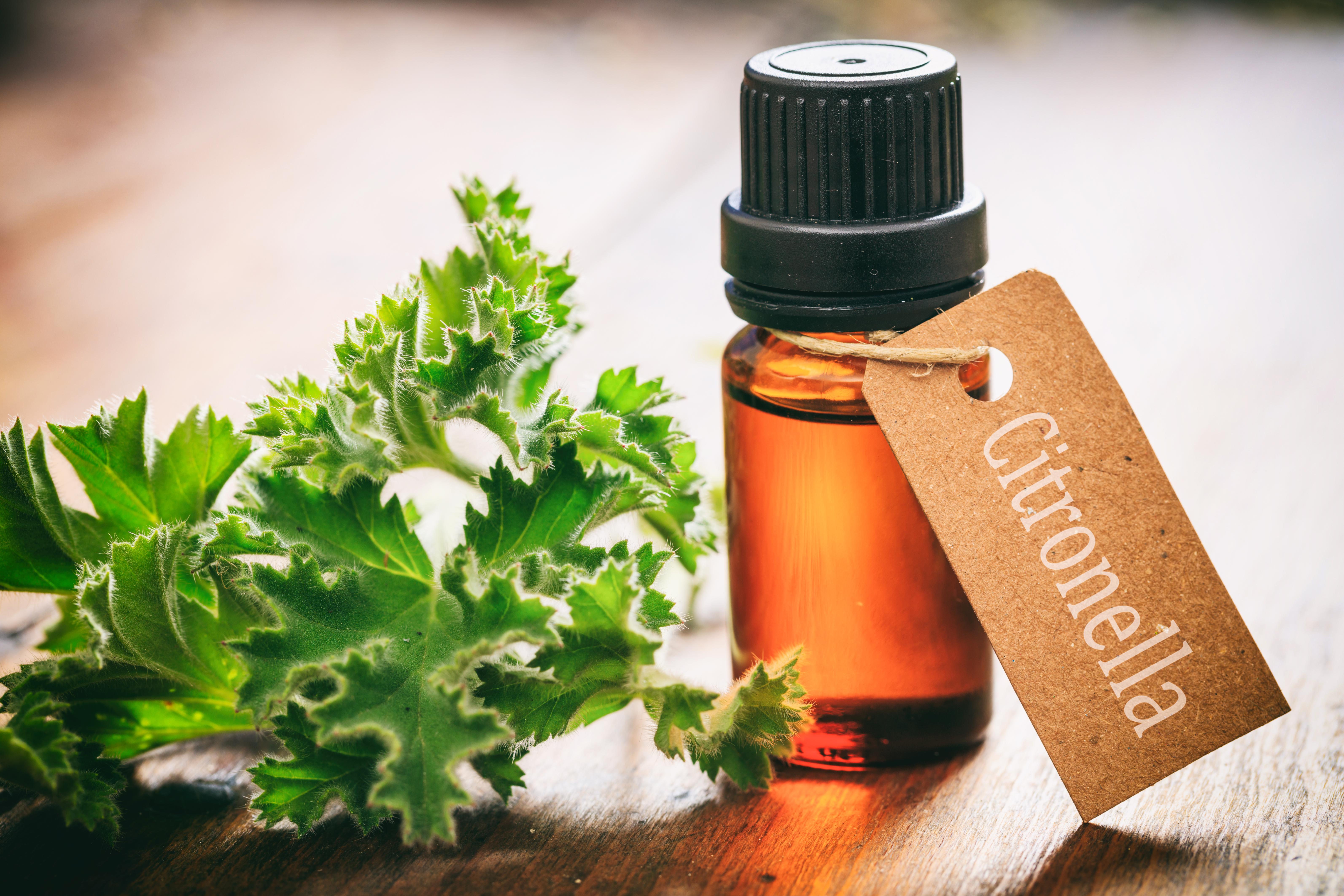
Citronella grass is perhaps the most renowned plant-based mosquito repellent. Its essential oil is a staple in many commercial natural repellent formulations. Citronella works by masking the scents that attract mosquitoes, such as carbon dioxide and lactic acid. Planting citronella grass around your home can create a natural barrier, and its oil can be used in candles or diffusers to extend its reach indoors and outdoors. Studies have shown that citronella oil can reduce mosquito bites by up to 50% when applied topically. Beyond its repellent properties, citronella grass is a hardy plant that can thrive in various climates, making it a practical addition to any garden.
3. Lavender - Aromatic and Effective
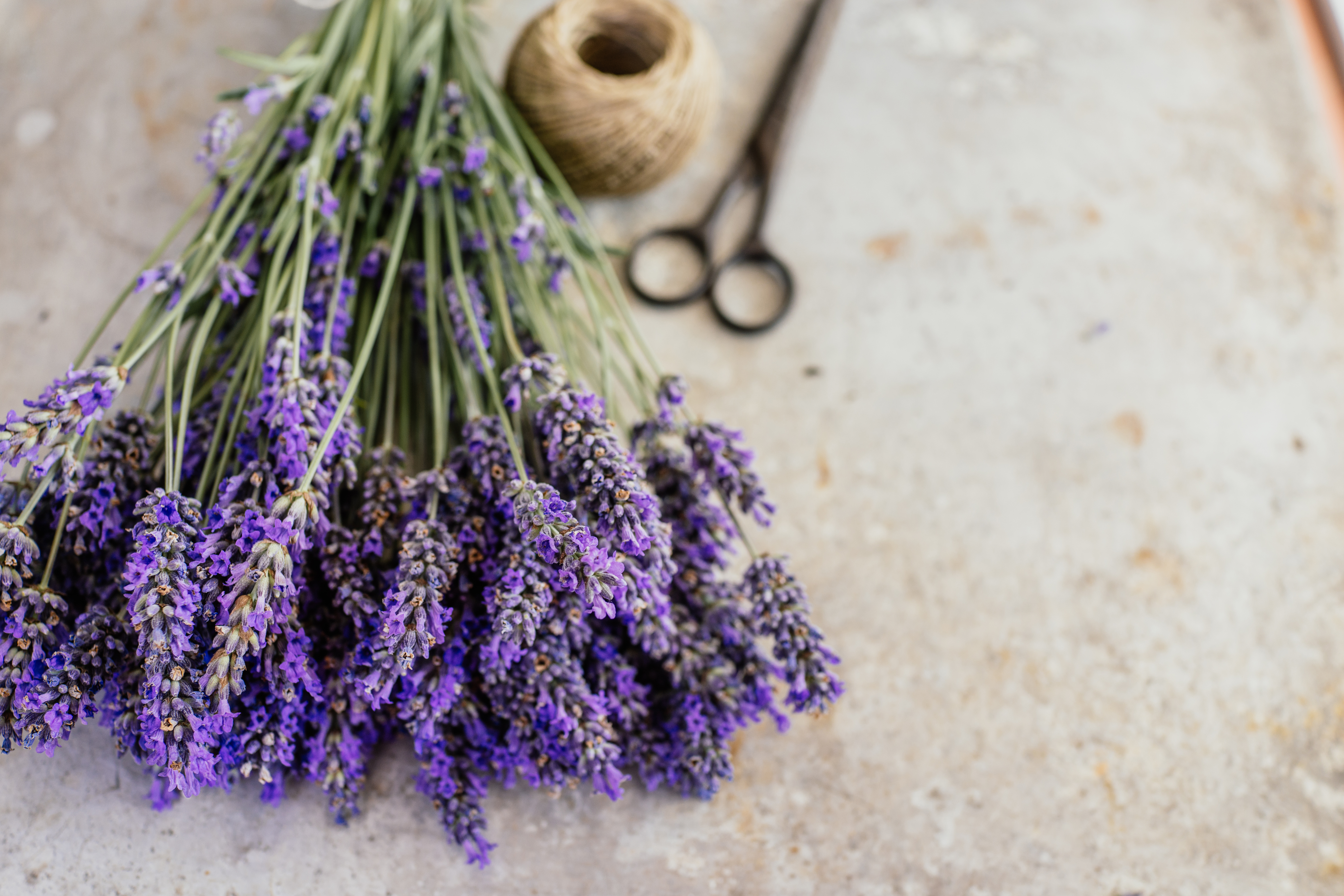
Lavender is celebrated not only for its soothing scent but also for its mosquito-repelling prowess. The essential oils found in lavender flowers contain linalool, a compound known for its pest-repelling properties. By planting lavender around your home or using lavender essential oil, you can create a fragrant barrier against mosquitoes. Lavender oil can also be applied to the skin, offering a dual benefit of repelling mosquitoes while calming the senses. Additionally, lavender is known for its ability to attract beneficial insects like bees and butterflies, promoting a healthy garden ecosystem. Its versatility and ease of growth make it a favorite among natural repellent enthusiasts.
4. Peppermint - A Refreshing Mosquito Shield
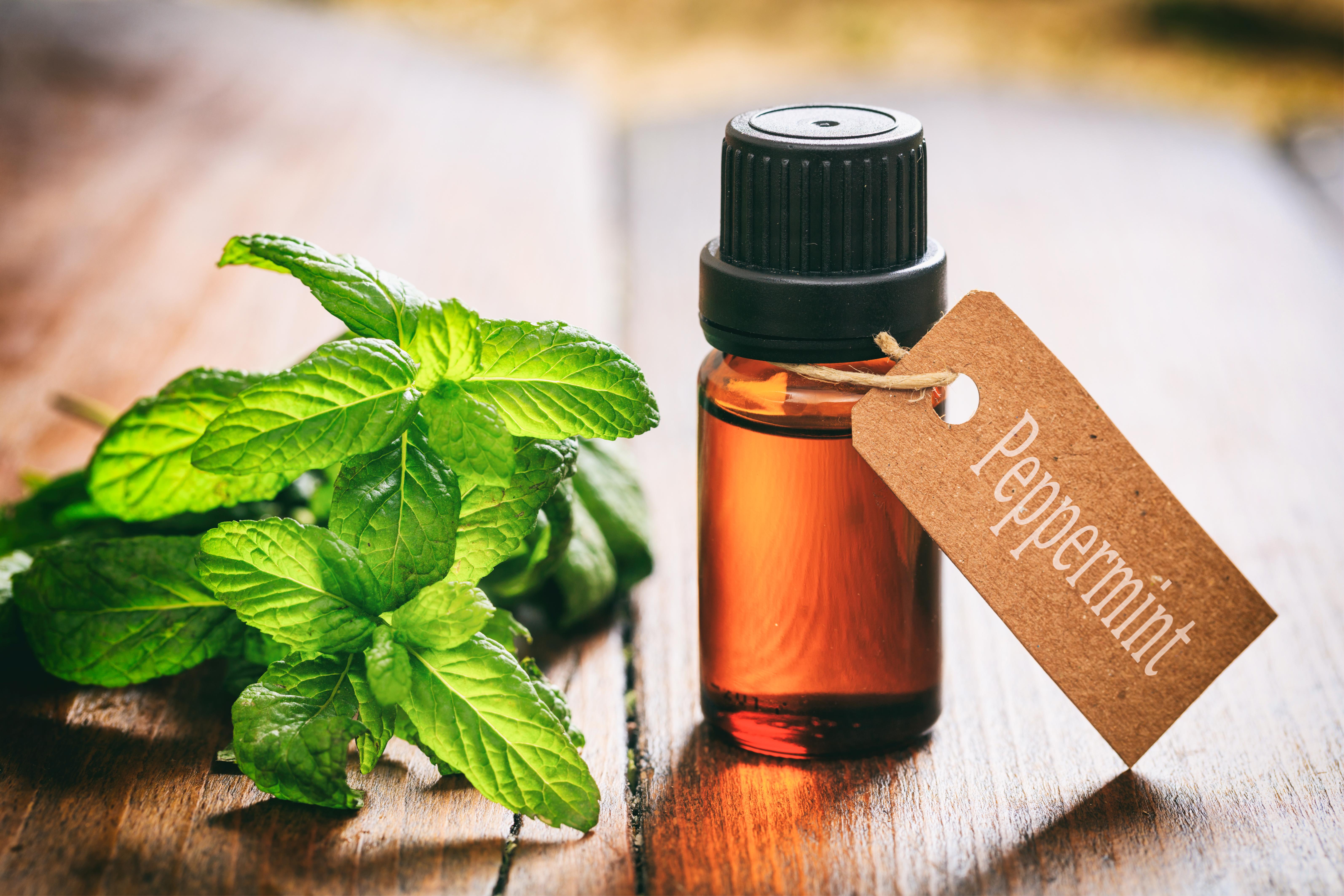
Peppermint is another powerful plant with mosquito-repelling properties. Its strong minty aroma is pleasant to humans but overwhelming to mosquitoes. The menthol in peppermint oil acts as a natural insecticide, making it effective in both repelling and killing mosquitoes. Growing peppermint in pots or garden beds can help keep these pests away, and its leaves can be crushed and rubbed on the skin for immediate protection. Peppermint oil can also be used in sprays or diffusers to extend its reach. Beyond its repellent capabilities, peppermint is known for its cooling effect and ability to soothe skin irritations, making it a multifunctional plant in the fight against mosquitoes.
5. Marigolds - The Garden Guardian
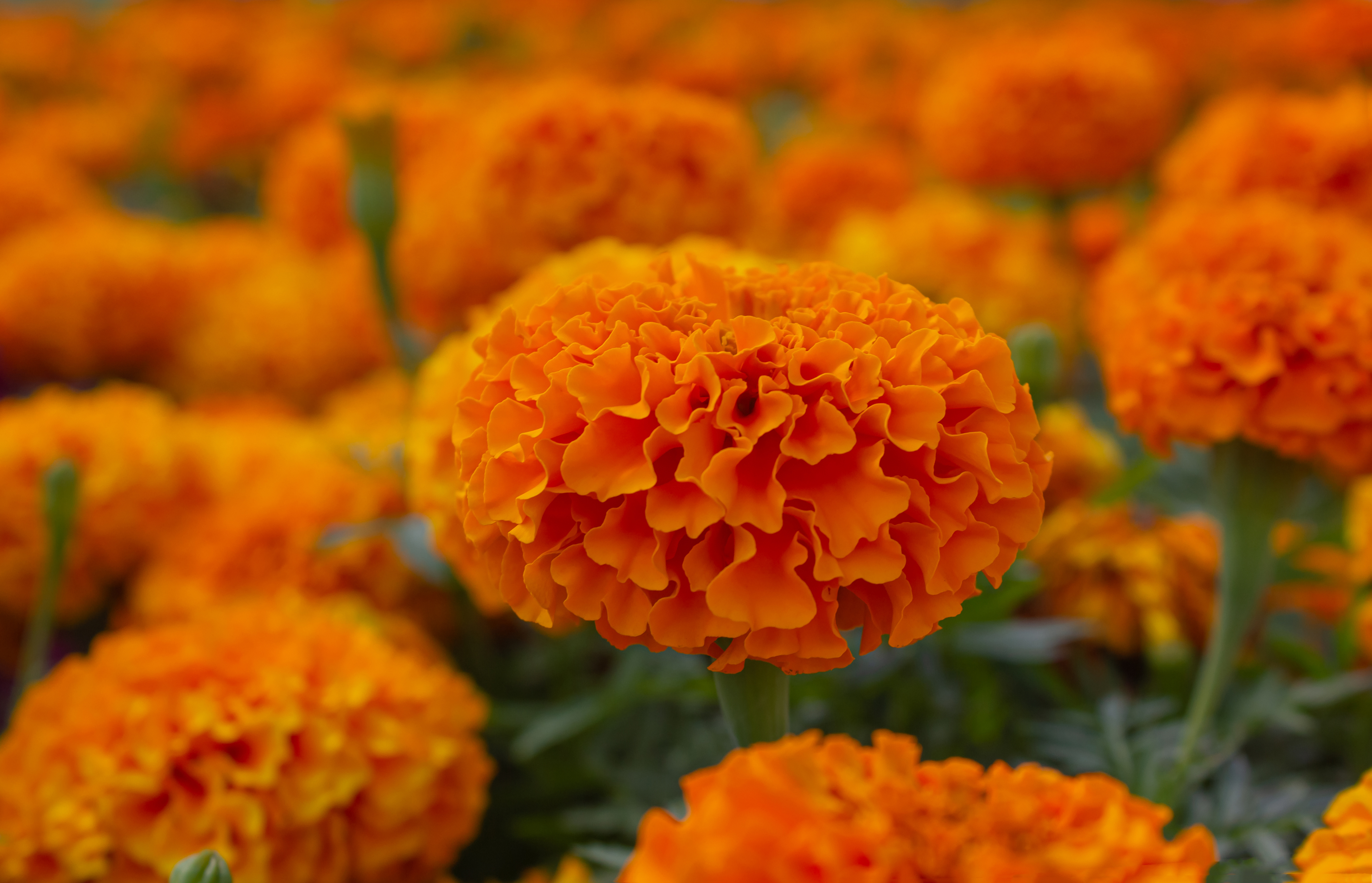
Marigolds are not only vibrant additions to gardens but also potent mosquito deterrents. These flowers contain pyrethrum, a natural compound used in many insect repellents. The strong scent of marigolds is particularly effective at keeping mosquitoes and other pests at bay. Planting marigolds around entry points to your home or in vegetable gardens can protect against unwanted insects. In addition to their repellent properties, marigolds are known to improve soil health and attract beneficial insects like ladybugs, which prey on garden pests. Their bright colors and low maintenance make marigolds a practical and attractive choice for natural mosquito control.
6. Basil - Culinary Delight and Mosquito Fighter

Basil, a staple in many kitchens, is also a powerful mosquito repellent. The aromatic oils in basil leaves, particularly eugenol, repel mosquitoes effectively. Basil can be grown in pots or garden beds, providing a dual benefit of fresh herbs for cooking and a natural mosquito barrier. Crushing basil leaves and rubbing them on the skin can provide immediate protection, while basil oil can be used in homemade repellent sprays. Beyond its repellent properties, basil is known for its antioxidant and antibacterial benefits, making it a valuable addition to both your garden and your health regimen. Its ease of growth and culinary versatility make basil a favorite for those seeking natural mosquito control.
7. Eucalyptus - Nature’s Insect Repellent

Eucalyptus oil is a well-known natural mosquito repellent, with its primary active ingredient, eucalyptol, providing a strong deterrent against these pests. Derived from the leaves of the eucalyptus tree, this oil can be used in sprays, diffusers, or applied directly to the skin when diluted. Studies have shown that eucalyptus oil can provide protection against mosquitoes for several hours, making it a reliable choice for outdoor activities. In addition to repelling mosquitoes, eucalyptus oil is known for its antiseptic and anti-inflammatory properties, offering added health benefits. The fresh, invigorating scent of eucalyptus also makes it a popular choice for aromatherapy, adding to its multifunctional appeal.
8. Lemongrass - A Versatile Mosquito Repellent
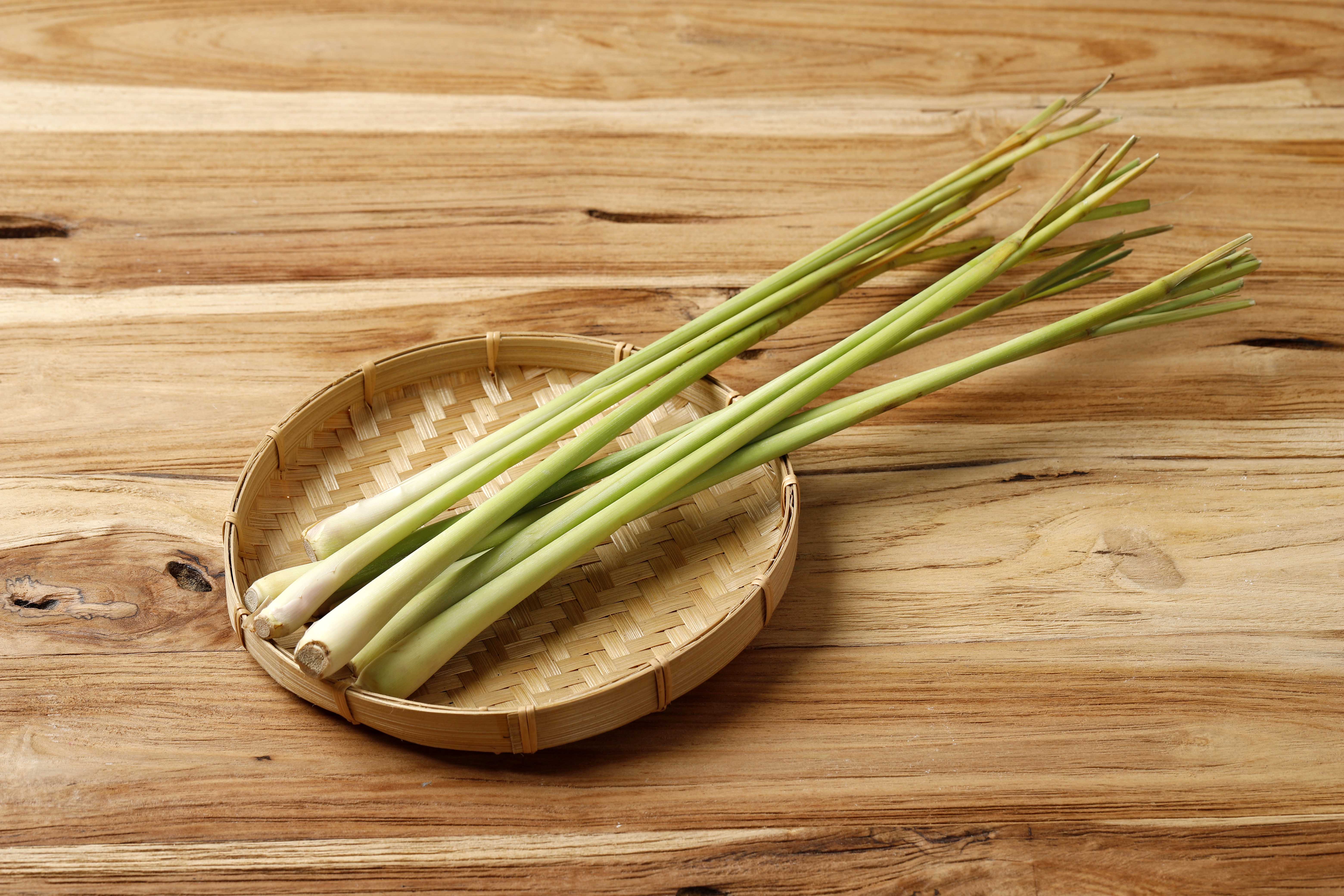
Lemongrass is closely related to citronella and shares many of its mosquito-repelling properties. The essential oil extracted from lemongrass contains citronellal and geraniol, both effective in deterring mosquitoes. Lemongrass can be planted around the home or used in essential oil form to create a natural barrier against these pests. Its fresh, citrus scent is pleasant to humans but overwhelming to mosquitoes, making it an ideal choice for natural repellent solutions. Beyond its repellent capabilities, lemongrass is known for its digestive and immune-boosting properties, making it a valuable addition to both gardens and kitchens. Its versatility and effectiveness make lemongrass a popular choice for natural mosquito control.
9. Rosemary - A Fragrant Mosquito Barrier
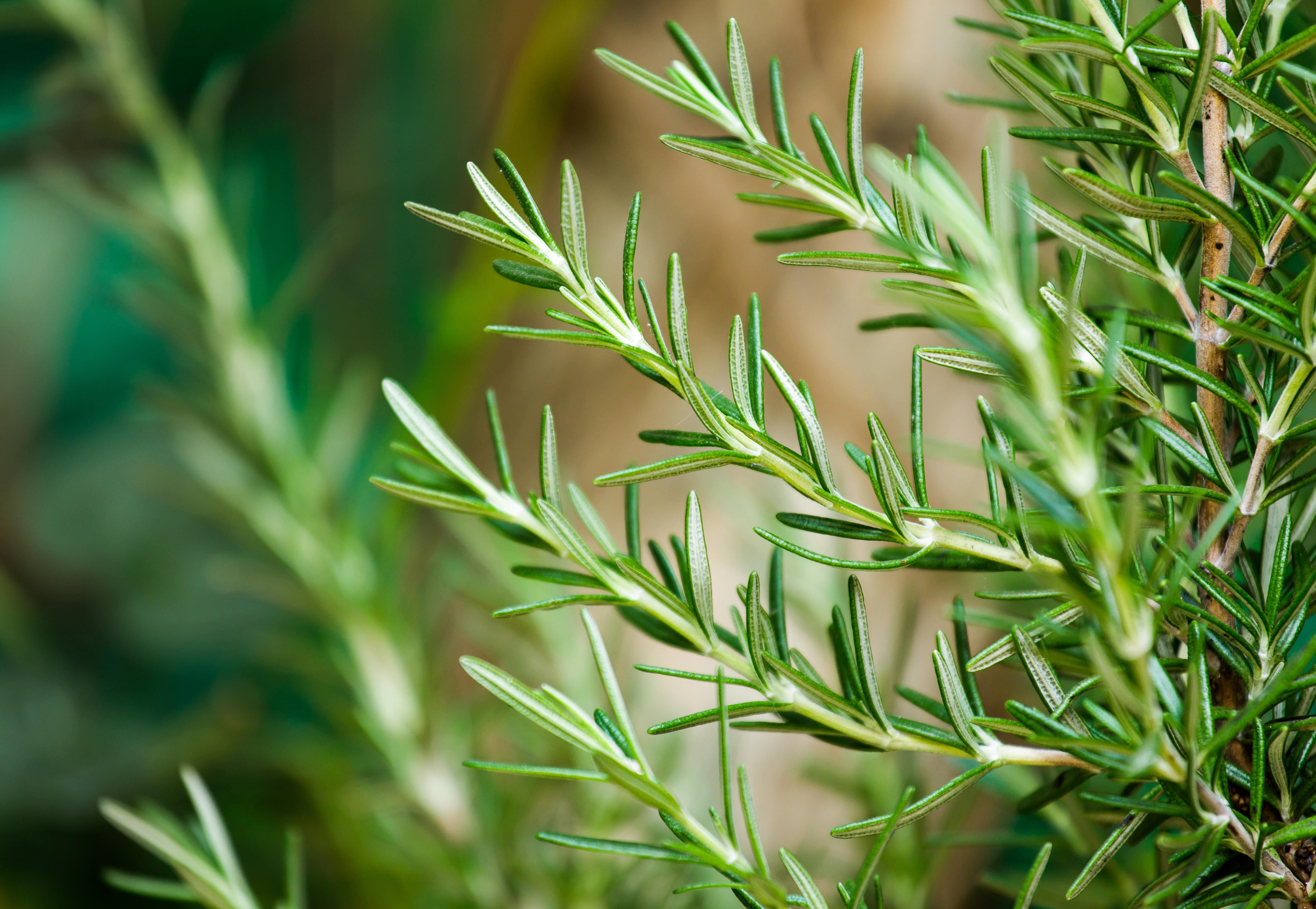
Rosemary, known for its culinary uses, is also a powerful mosquito deterrent. The woody scent of rosemary is pleasant to humans but repulsive to mosquitoes. Rosemary plants can be grown in pots or garden beds, providing a natural barrier against these pests. Rosemary oil can also be used in sprays or diffusers to extend its reach. In addition to its repellent properties, rosemary is known for its antioxidant and anti-inflammatory benefits, making it a valuable addition to both gardens and health routines. Its hardiness and versatility make rosemary a practical choice for those seeking natural mosquito control.
10. Clove – A Potent Mosquito Deterrent with Antibacterial Benefits
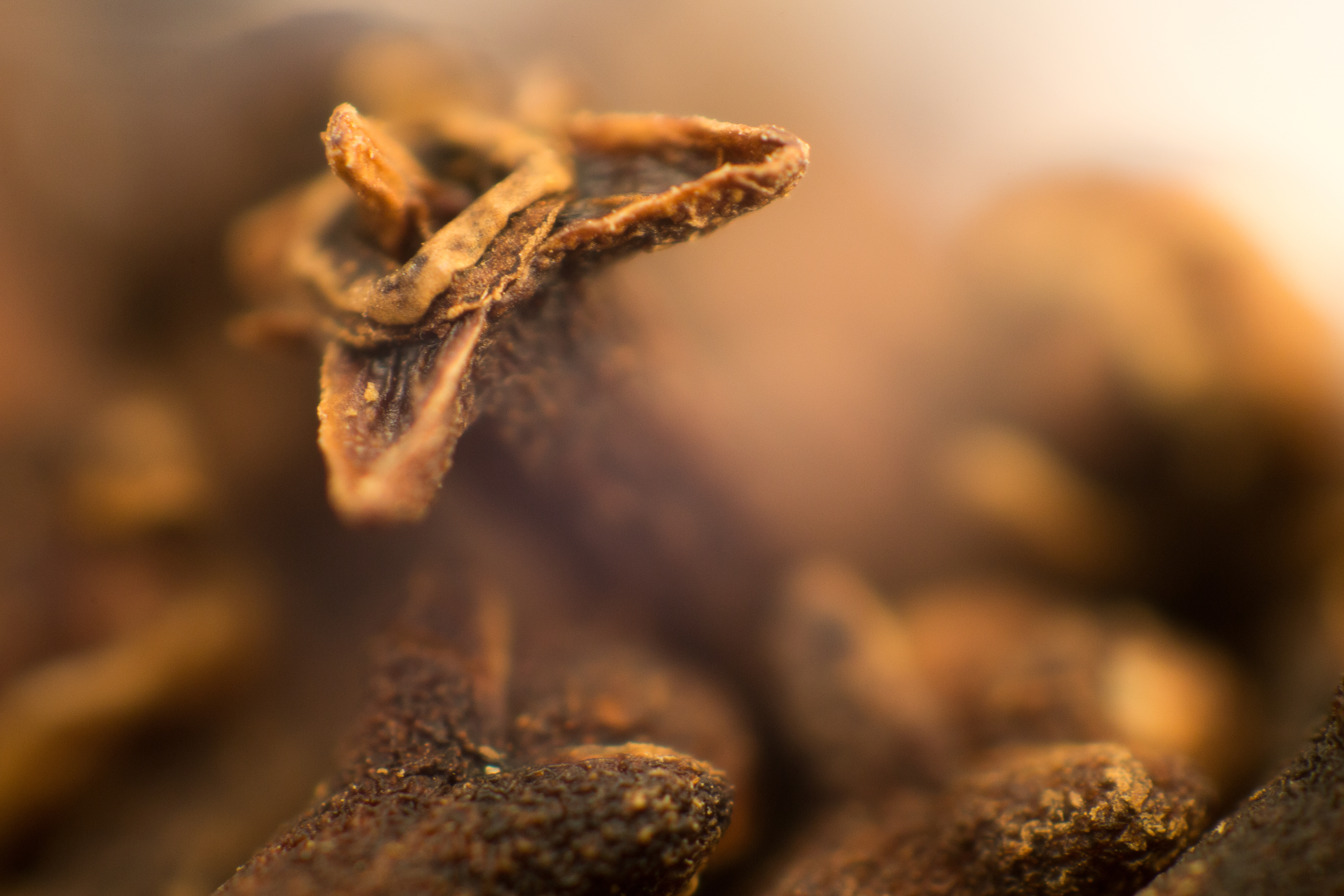
Clove is a powerful and often overlooked mosquito repellent. The strong aroma of clove, particularly due to its active compound eugenol, is highly effective in keeping mosquitoes at bay. Studies have shown that clove essential oil can provide long-lasting protection against mosquitoes when applied to the skin in a diluted form. Cloves can also be placed around outdoor seating areas or infused into candles for a natural repellent effect. Beyond its mosquito-fighting properties, clove is well-known for its antibacterial and antifungal benefits, making it a great addition to both natural medicine cabinets and spice racks. Whether using clove essential oil in homemade sprays or incorporating whole cloves into DIY repellent sachets, this small but mighty spice is a valuable addition to your plant-based mosquito defense strategy.
Embracing Nature’s Solutions

The battle against mosquitoes need not rely solely on chemical solutions. By embracing plant-based repellents, we can protect ourselves while promoting a healthier environment. Each of the plants discussed offers unique benefits beyond mosquito control, enhancing our homes and gardens with their beauty and utility. Whether you choose to plant a garden of natural repellents or use essential oils to create a protective barrier, nature provides an array of options to suit your needs. As we become more conscious of the impact of our choices on health and the environment, turning to these natural solutions offers a sustainable path forward. Embrace the power of plants and enjoy a mosquito-free summer, naturally.
